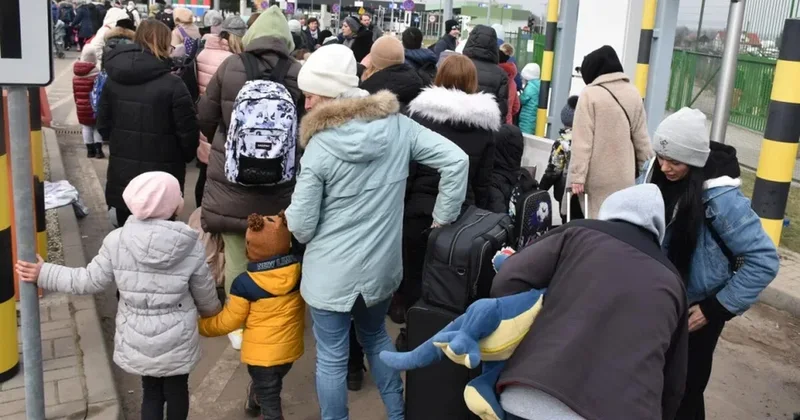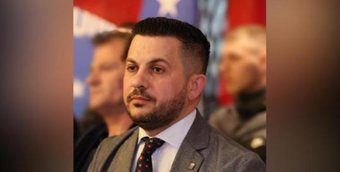
What happens to the millions of Ukrainian refugees in Europe if peace is achieved in their homeland?


She was issued a visa through a directive issued by the EU for its members in 2022, which is in force until March 2026.
What happens after that date "will be decided depending on the end of the war," said Interior Ministry spokesperson Hana Mala, in several responses to Radio Free Europe.
"In all likelihood, there will be a transition period during which refugees will have time to decide on their future – either by switching to another residence permit, or by returning home."
Many of the 389,000 Ukrainians in the Czech Republic who are on temporary visas face new challenges to staying in the country if a ceasefire agreement is reached.
From April 1, Ukrainian refugees will be able to apply for special residence visas that would provide them with permission to stay even after the war ends, and would pave the way for permanent residence permits.
However, applicants must earn at least 440,000 kronor ($19,200) within the year.
This threshold increases by 110,000 kronor for each dependent in a family.
"I need to earn more," Naduda said, laughing.
"That's my goal for this year."
Czech Interior Minister Vit Rakushan has suggested that refugees will have other options to stay, if they wish.
"The same rules will apply to them as to other foreign citizens," he said in February.
Rakushan has said that polls suggest that around 200,000 Czechs could stay.
"This is a situation that we can certainly manage," he added.
However, immigration lawyers, whom Radio Free Europe spoke with, said that the options will be limited.
Hana Frankova, head of legal affairs at the Czech Republic-based Refugee Assistance Organization, said that in the event of peace, and without an extension of the temporary visa period, "Ukrainian refugees, in theory, would be able to apply for asylum."
But, according to her, this will only apply to someone who has reason to seek asylum.
The legal expert estimates that only 10 percent of Ukrainian refugees in the Czech Republic would be able to obtain special residence permits, given the threshold required for entry.
Svatava Pospiskova, a visa expert at Czech Visa Lawyer, believes that if there is a ceasefire, and the current visa scheme is not extended, then Ukrainian refugees will have “the opportunity to live in the Czech Republic for 90 days, as a tourist visa allows, but they will not be able to work for a living.”
She has indicated that Ukrainians will have to apply for a residence permit at the Czech Embassy in Ukraine.

Sondazhet dhe e vërteta!
ideas
top
Alfa recipes
TRENDING 
services
- POLICE129
- STREET POLICE126
- AMBULANCE112
- FIREFIGHTER128


























